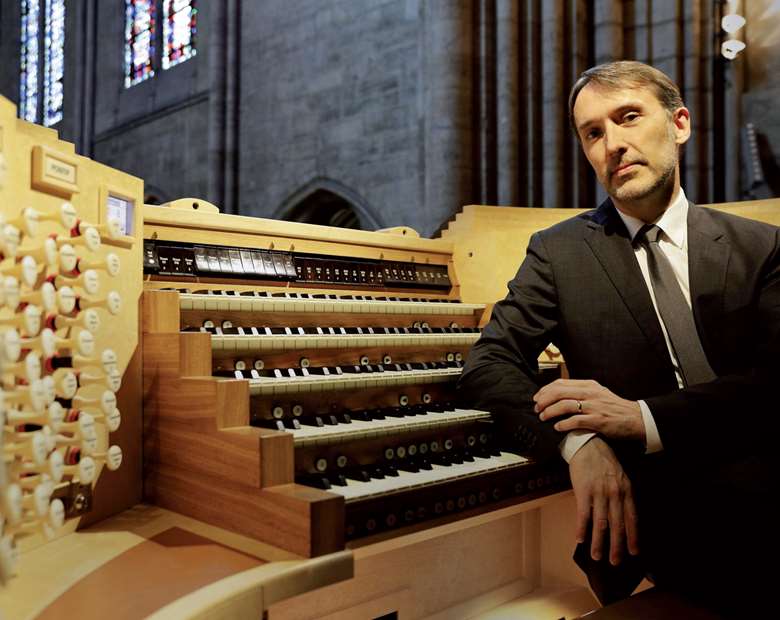Olivier Latry: the go-between
Pierre Dubois
Thursday, March 2, 2023
The energy and passion that organist Olivier Latry brings to his artistry is derived from the instruments that inspire him and the music they serve. He talks to Pierre Dubois

© DEYAN PAROUCHEV
Register now to continue reading
This article is from Choir & Organ. Don’t miss out on our dedicated coverage of the choir and organ worlds. Register today to enjoy the following benefits:
- Free access to 3 subscriber-only articles per month
- Newly-commissioned sheet music to download from our New Music series
- Unlimited access to Choir & Organ's news pages
- Monthly newsletter






